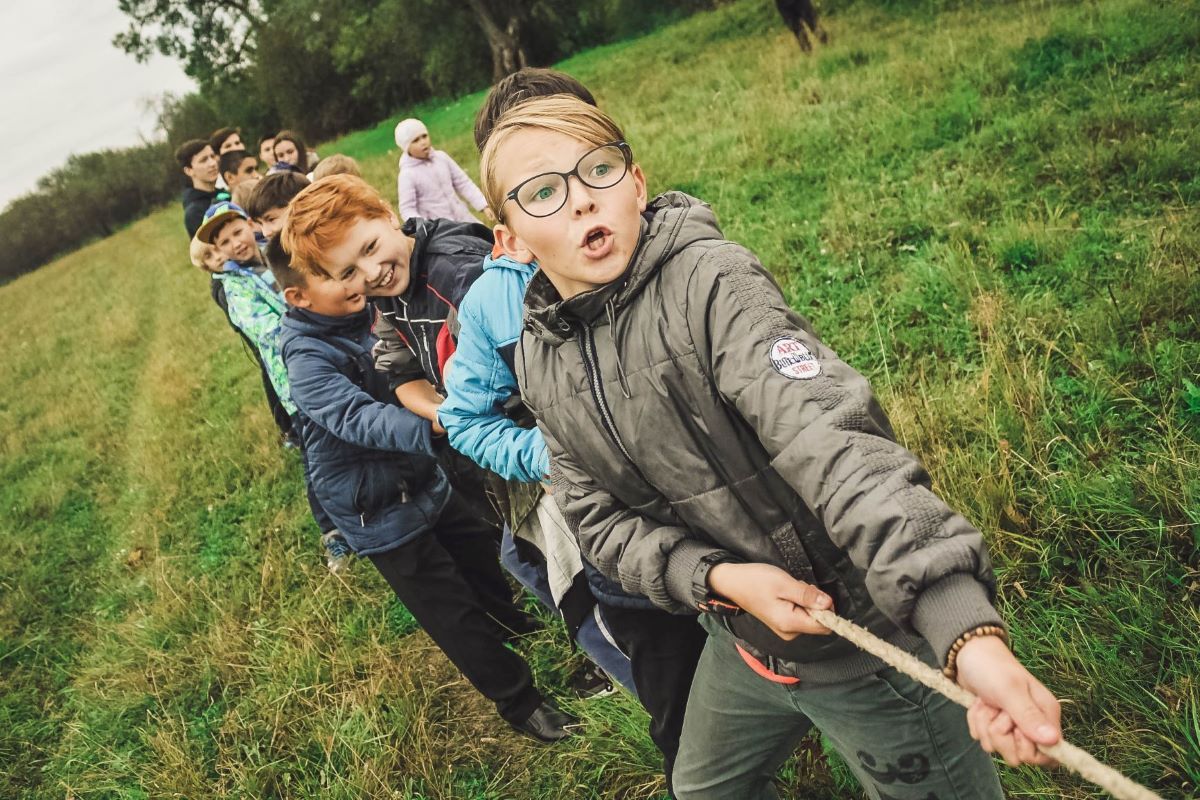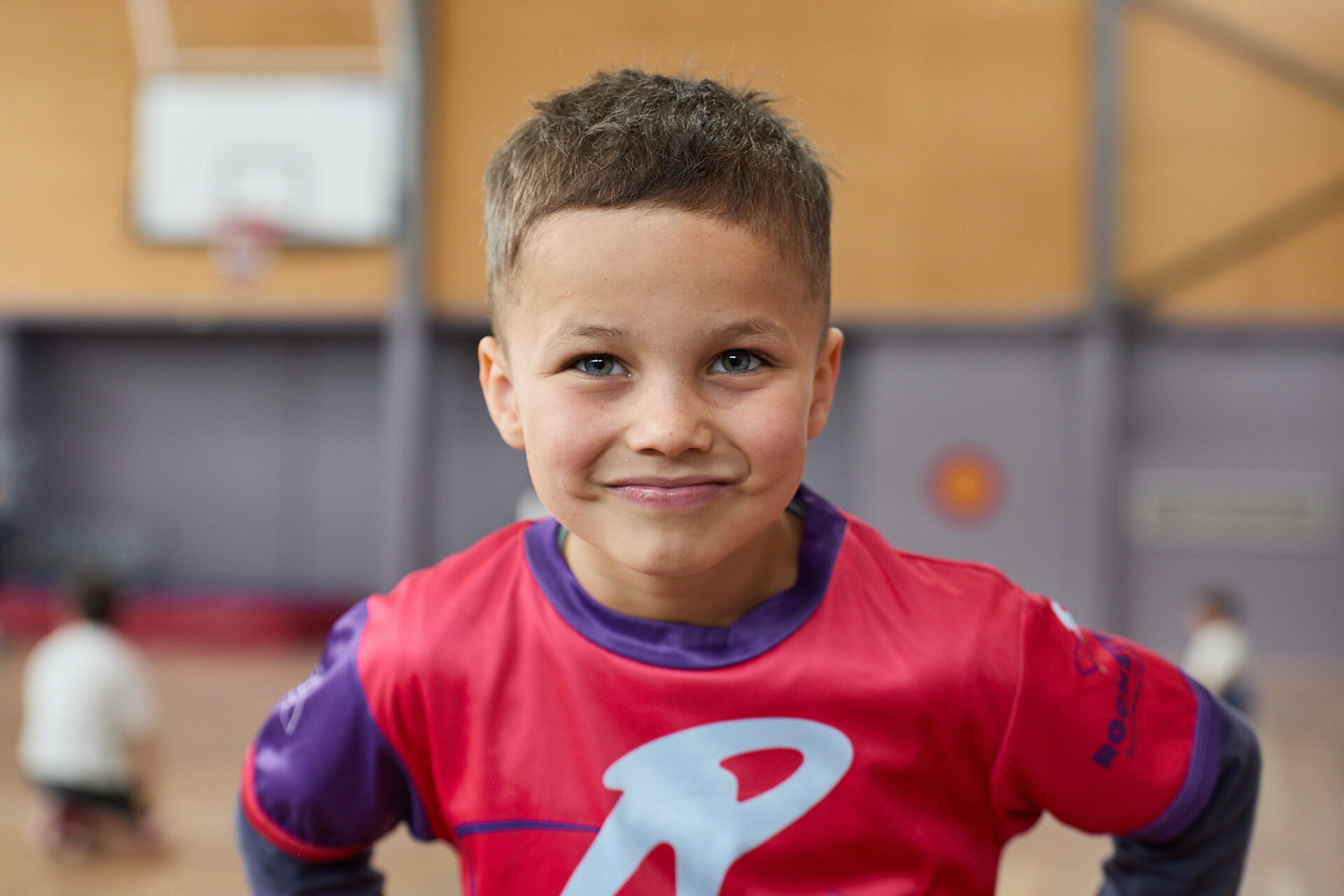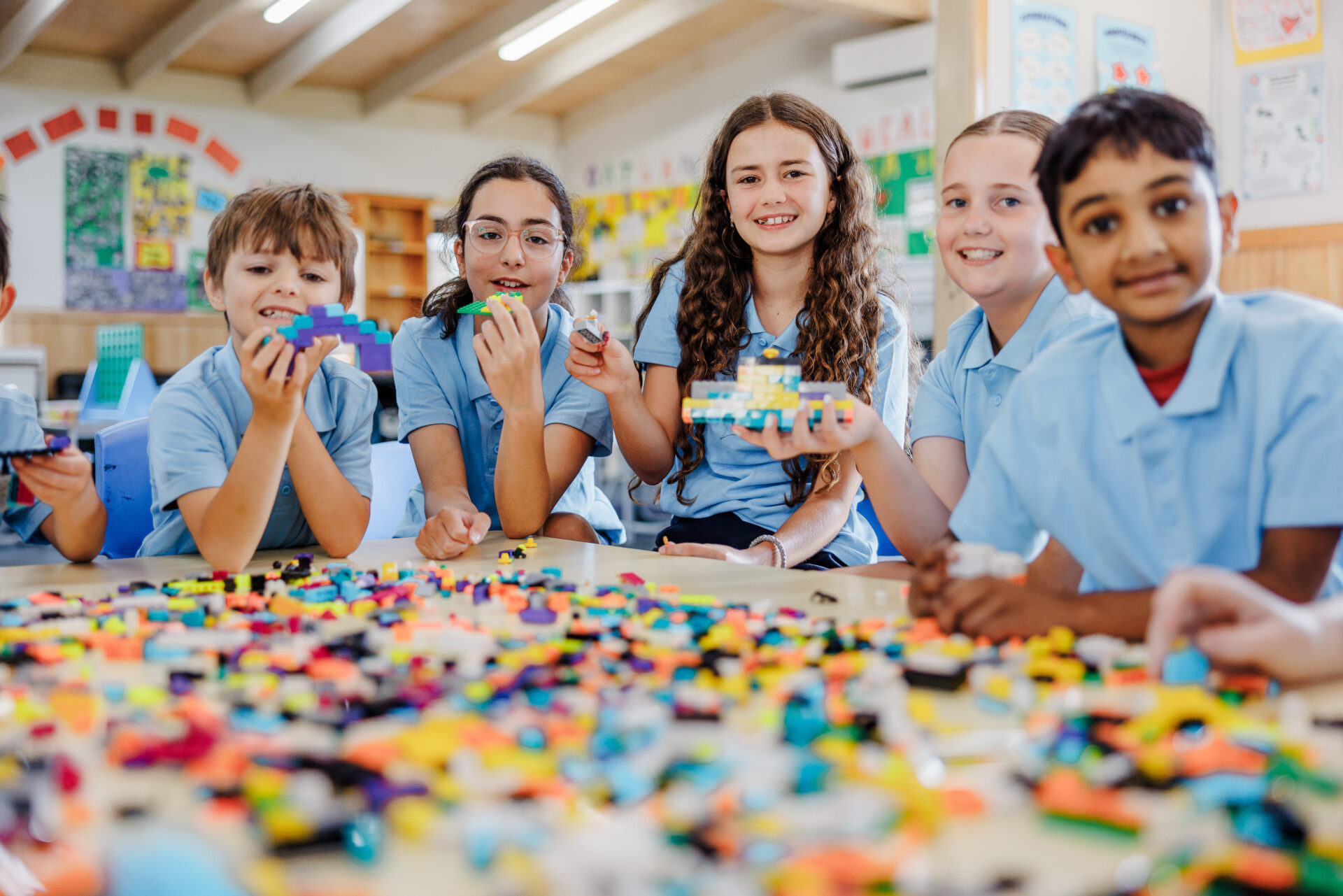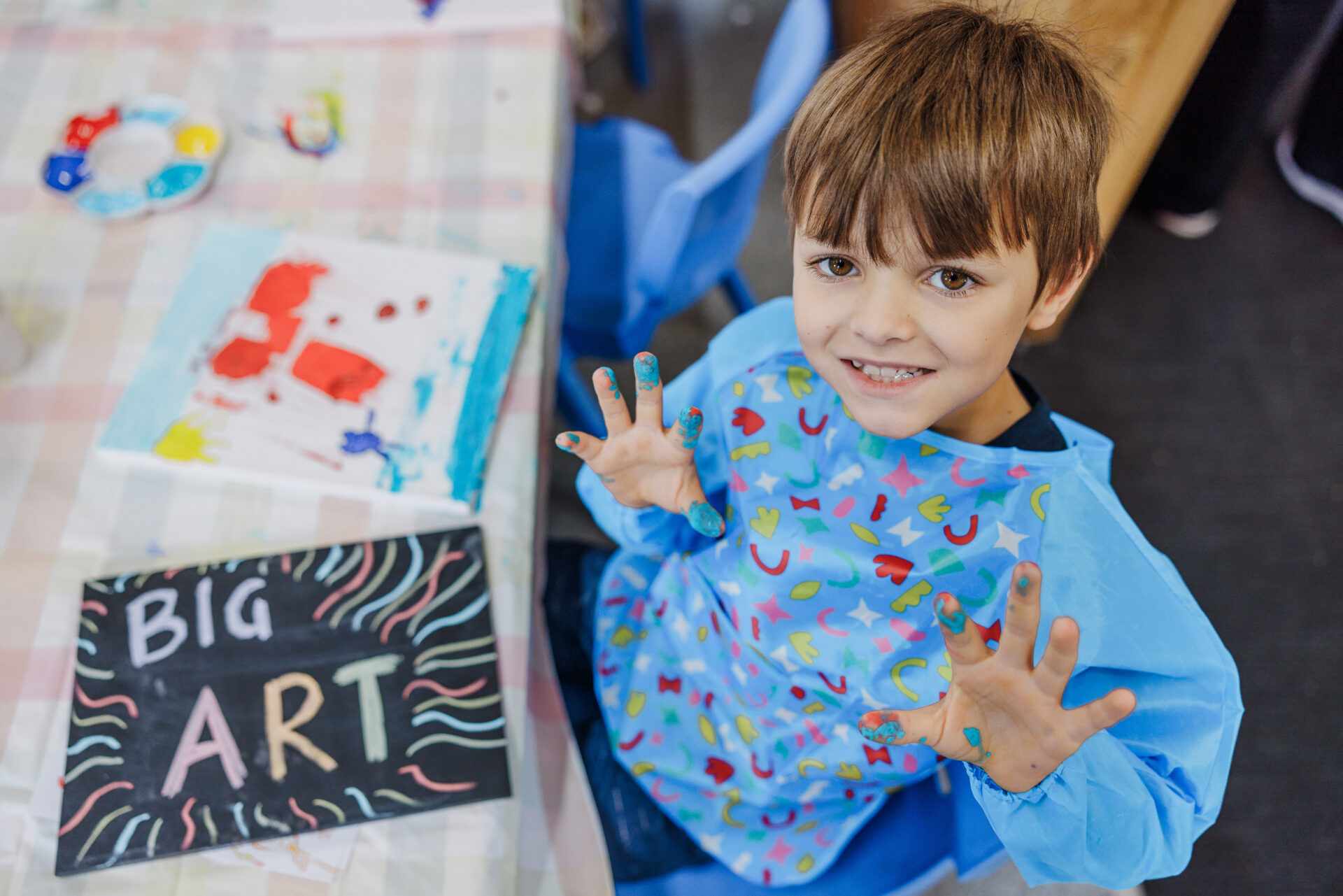In reality, we all experience challenging times at various stages throughout life. Helping kids with positive thinking involves developing in them a resilient mindset. This is the ability to rebound after times of anxiety or avoidance and to refocus on what is possible.
Developing a positive and resilient mindset predicts wellbeing and success. If life was ideal, our kids would spend all of their time having a resilient mindset, extracting the best moments of each day, amplifying these to bolster them if tough times occur in the future, expressing gratitude for every sacrifice their parents make for their future and setting goals and surging ahead to achieve great outcomes.
Of course, human nature is more complex than that. Your wonderful, intelligent kids will have ups and downs like the rest of us.
Let’s start by acknowledging that positive, happy moments in life are often fleeting. The feeling of the warmth of the sun on your back, the smile of greeting from someone you love, a great game at the playground, the smell of a lovely meal – if you don’t make the most of these moments in life it is easy to miss them.
Encourage the Expression of Feelings and Discussion
One of the quickest ways to improve your life is to think more positively about yourself and the things that happen to you. This is an artform we can all use and it is something we can develop in our kids.
The first step towards this may surprise you – start with the dark. Briefly go through all the things that have gone wrong, were dull and humdrum or annoyed us during the day. We need to get these out and shelve them so we can move on. Learning how to compress the negative so that we don’t get ‘blinded’ by it, is an essential skill.
Parents can ask their children, “Tell me the five worst things that happened today?” or “What part of the day was the most boring for you?” Once they have told you (and they almost always will) you can say, “Well, I’m glad that’s over! I hope you didn’t let it wreck the rest of the day?”
This is important. A really critical skill is not allowing the things that go against us to swamp the things that do go our way.
Then you might say, “So give the day a rating out of 10 so far with 0 equalling dreadful and 10 being mind-sizzlingly, spine-tinglingly, goosebump-raising good.” If they give the day a low rating before saying, “Then we need to do something to lift that” to ask them about their feelings.
In addition, you could ask your child what they are grateful for. Gratitude promotes happiness and a sense of belonging for children.
All feelings are valid. There are no ‘bad’ feelings. In my book ‘The A to Z of Feelings’ I talk about the idea of feelings are supposed to flow and change. Teaching children this is important. Let’s say they answer that they are feeling sad or bored or frustrated. You might then ask them if they are still feeling that way. If they say ‘yes’, ask them where in their body they feel it and if they know of the reason they feel that way.
Encourage a Towards a Positive Mindset
In reality, we all experience challenging times at various stages throughout life. Helping kids with positive thinking involves developing in them a resilient mindset. This is the ability to rebound after times of anxiety or avoidance and to refocus on what is possible.
Developing a positive and resilient mindset predicts wellbeing and success. If life was ideal, our kids would spend all of their time having a resilient mindset, extracting the best moments of each day, amplifying these to bolster them if tough times occur in the future, expressing gratitude for every sacrifice their parents make for their future and setting goals and surging ahead to achieve great outcomes.
Of course, human nature is more complex than that. Your wonderful, intelligent kids will have ups and downs like the rest of us.
Let’s start by acknowledging that positive, happy moments in life are often fleeting. The feeling of the warmth of the sun on your back, the smile of greeting from someone you love, a great game at the playground, the smell of a lovely meal – if you don’t make the most of these moments in life it is easy to miss them.
Then you might say, ‘So give the day a rating out of 10 so far with 0 equalling dreadful and 10 being mind-sizzlingly, spine-tinglingly, goosebump-raisingly good.’ If they give the day a low rating before saying, ‘Then we need to do something to lift that’ ask them about their feelings.
In addition, you could ask your child what they are grateful for. Gratitude promotes happiness and a sense of belonging for children.
All feelings are valid. There are no ‘bad’ feelings. In my book ‘The A to Z of Feelings’ I talk about the idea of feelings are supposed to flow and change. Teaching children this is important. Let’s say they answer that they are feeling sad or bored or frustrated. You might then ask them if they are still feeling that way. If they say ‘yes’, ask them where in their body they feel it and if they know of the reason they feel that way.
Encourage Children Towards a Positive Mindset

Developing a positive and resilient mindset is about learning that while it is fine to have these negative feelings, we shouldn’t put up with them for too long. Helping kids to think positively involves showing them how to change their feelings. Ask them, “Are you ready to change that feeling or is there more you would like to talk about first?”
Some kids like to tell you all the details of a bad day. Let them (for a while) maybe for ten minutes. Listen. Make soothing comments such as, “That sounds rotten” or “I’m sorry that happened.” Unless there are exceptional circumstances, try not to provide solutions. This is teaching them to get feelings ‘off their chest’ so they can move on and think positively.
Once they have told you enough, then say, “Right let’s now do something better. I’ve got some ideas but maybe you have some too?” If you can shift gears by moving to a different setting or into another part of your home and do something that is more fun, like going for a walk outside, playing with a pet, helping in the garden or listening to music.
To shift from negative to positive thinking often involves movement, eating, laughing, playing and doing things together.
Positive Thinking Lessons for Life

There are ten key lessons parents can help their children to learn that will help them to think more positively from a young age.
Don’t wait to see if you are having a good time. Instead of going to places and seeing if it is fun decide in advance to have fun regardless of the circumstances. Enjoy the day regardless of the weather. Make the most of the occasion regardless of the company.
*Go outside and play. *Whether you’re a kid or older, playing is for everyone! Go for walks, throw a dog a stick, skip, sing loudly or imagine yourself to be a spy passing through enemy territory. Whatever does it for you. Make a promise to play more.
Develop deep friendships. Your friends are your true wealth. Value them and see them regularly. Let them know how important they are to you. Most people only have two close friends so don’t fool yourself into believing you are less popular than most people.
4.* Increase the closeness of extended family*. Keeping in close contact with your family gives you a support base for difficult times and also strengthens your sense of where you come from. Feeling you belong in a family is a powerful way of being happy.
*Play to your strengths. *Have a good long hard look at yourself. What are you good at? Make a commitment to develop your skills, talents and abilities as much as you can. Use the analysis at www.mylearningstrengths.com to help. If you don’t develop your own unique talents, the world misses out.
Seek out groups that most strongly value what you have to offer. Find your tribe. Search for the niche where your abilities are valued.
*Avoid social groups where your unique attributes are not valued. *Not everyone is going to like you or think you could amount to much. Get used to it. Accept that it is so, and then get out of their way.
As Mark Twain wrote, “Keep away from people who try to belittle your ambitions. Small people always do that, but the really great ones make you feel that you, too, can become great.”
*Live in the dreamtime. *Dare to dream big dreams. Find and follow your passions. Make a promise to live a wonderful life.
*Laugh a lot more. *Find people, shows, books, films and situations that make you laugh and surround yourself with them.
Have something bigger than yourself to believe in. Think about the contribution you can make while you are on this planet and do it.
Be as friendly as you can to as many people as you can. Becoming known as someone who is positive to be around is a great way to create a fantastic life.
Understanding the power of a positive mindset has many benefits. Teaching children from a young age the different ways to be positive allows them to understand why it’s important to strive for positivity. For more information about the positive experiences that we provide in Outside School Hours Care, please visit https://campaustralia.com.au/your-oshc.

About Andrew
Andrew is an Hon. Fellow at the University of Melbourne and has been a scientific consultant for the ABC. He is an ambassador for Adolescent Success and the Lion’s Wellbeing.
He has also been a principal consultant to the Dept. Education START, resilience and Bully Stoppers initiatives and the national drug prevention strategy REDI and is a regular presenter on Radio National.
Andrew’s research on learning strengths takes the research on resilience and positive education back into the classroom where it can make the most difference.
His most recent books include ‘The A to Z of Feelings’, ‘Tricky Behaviours’ “Your Best Life at Any Age” and “Neuro-developmental Differentiation- Optimising Brain Systems to Maximise Learning”.





